If you ask anyone today to choose between being paid in dollars or in naira, there will only be one winner. Since the oil price crash in early March and the ravaging COVID-19 virus, the exchange rate between the naira and dollar has depreciated across the multiple official and unofficial markets where the currency can be purchased.
At the black market, the exchange rate sells for an average N460/$1 (as at this week) and is projected to go higher depending on who you speak to. At the NAFEX market where forex is sold by exporters and investors, the exchange rate is closer to N388/$1 oscillating between a plus or minus N2 band. Just last week the CBN informed the market that the SMIS window where forex is sold to importers and traders that the new floor for forex purchase in N380/$1. The exchange rate at the official CBN window remains N360/$1.
READ ALSO: Investors lose N162 billion amidst buying pressure from ZENITH, GTBANK
This buttresses the growing calls for the unification of the various exchange rate windows. The market wants a single uniform rate. It is easy to see why. No one wants to be on the losing side if a repeat of 2017 occurs. In case you forgot, the exchange rate was highly volatile in the parallel market trading for as high as N505/$1 before crashing down to N366/$1 after the CBN introduced the NAFEX window. Many people lost money as the naira converged towards that rate. You don’t be in this boat if history repeats itself.
This is why speculating the exchange rate between the naira and dollar can be a brutally risky exercise compounded by the multiple exchange windows in the country. Buy at N460/$1 today and hold as most non-savvy speculators often do and the multiple forex windows are collapsed into one at N388/$1, as the central bank governor alludes to, things could get very risky. If unifying the exchange unlocks liquidity into the market rate and it holds at N388/$1, there is every likelihood that the parallel market rate will follow suit. Those on the other side of the trade looking to convert their dollars (purchased at N460/$1) into naira will be burned badly.
Perhaps a consolation is that so long as Nigeria continues to be import-dependent, it is only a matter of time before the naira depreciates to your buying price. Between 2012 and 2017, the naira has depreciated by 30% compounded annually. You probably only need to wait another 2-3 years and you claw back your losses. But the same cannot be said for anyone with a dollar investment and looking to convert to naira. The burn can be severe.
Download the Nairametrics News App
For example, you purchase $1,000 at N460 and invest in an asset that should earn you 10% or $100 in profits. If by the time you liquidate your $1,100 and the exchange rate has strengthened to say N400, your $1100 is now N440,000 compared to the N460,000 it cost you when you purchased at $1,000. The exchange rate loss has basically wiped out your profits and part of your capital.
Speculating in forex is hugely rewarding but also very risky. Don’t be fooled to believe it only goes up, things can go down faster than you can imagine. The market will always deliver greater fools.

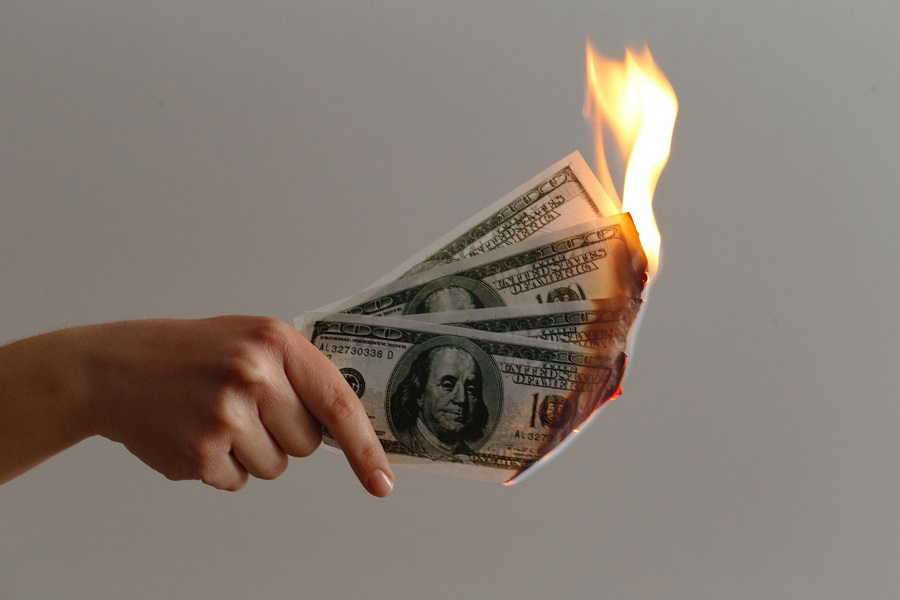






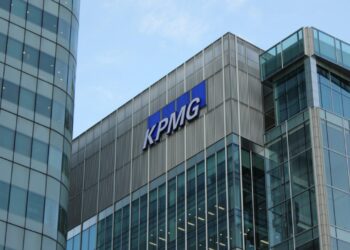
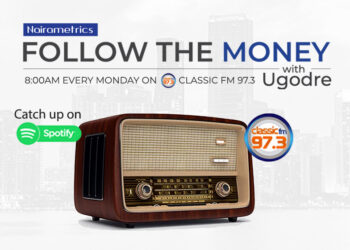


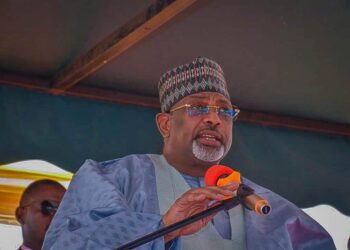
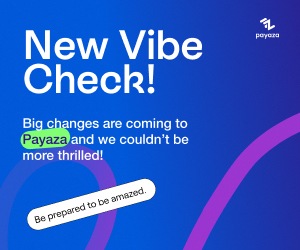









It is only in Nigeria that once prices go up they never come down. So your last example doesnt add up as the parallel market will always be higher than the official rates. The best advice is to gradually stockpile in USD
Did you not see that in 2015 it rose to 500+ and then came back to 360? Was that not also in Nigeria. The article has concluded that while this could be a very rewarding speculative move, it’s also very risky.
I agree with you on the naira depreciating further come a couple of years later due to our excessive reliance on imports. In fact I think the 5 year forward market price of the naira should be over N600/$, at the rate things are moving.
The question you should be asking is why people are COMPELLED to patronize the “black” market.
PS: @STANLEY, 5-year forwards as of May was already N570/$1.